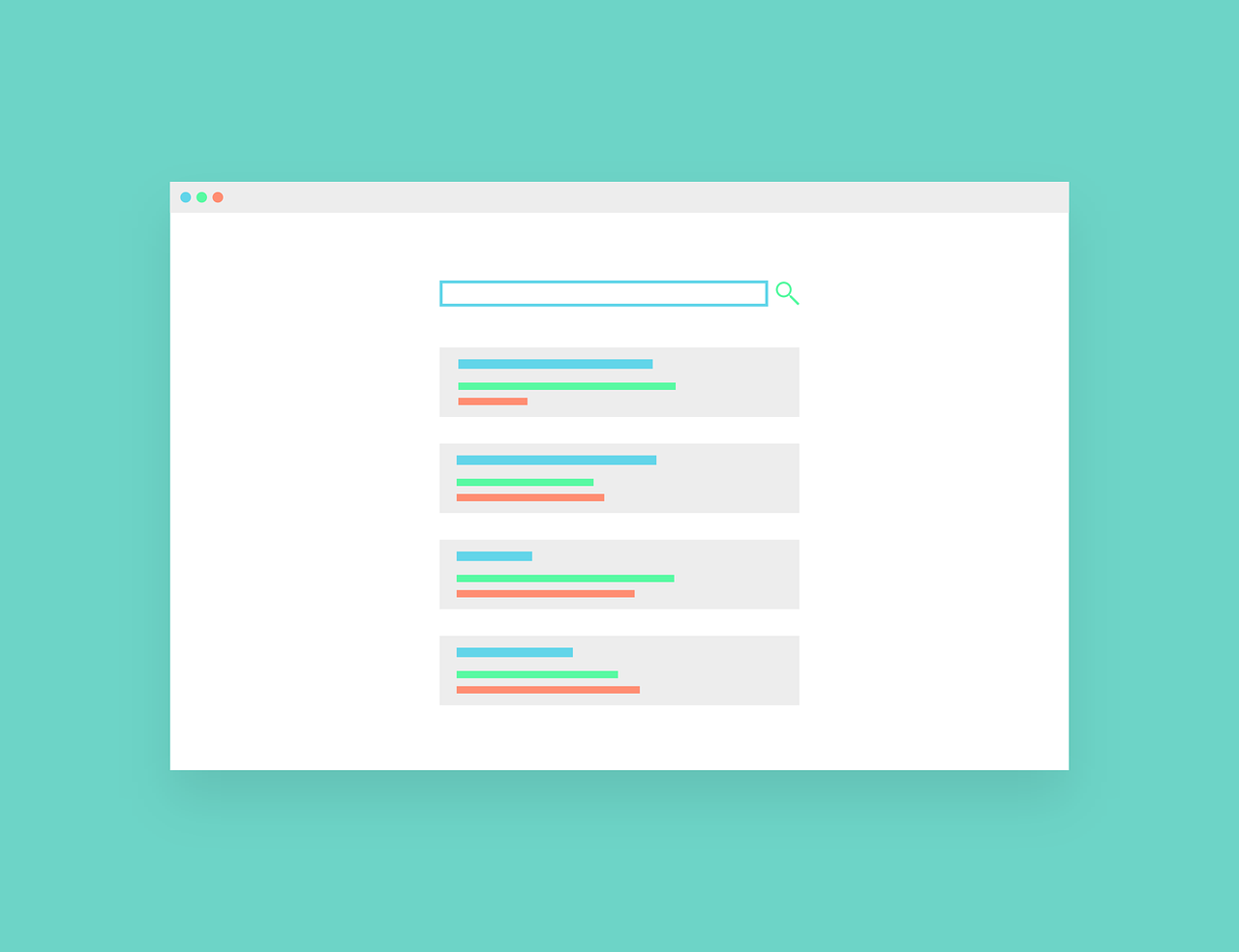
Whether you are searching the web, writing a paper, or trying to discover something new, the use of Google Autocomplete is a must-have feature. Its speed and accuracy have been a major aid to users, and its simplicity is unmatched. But how does Google Autocomplete work? Here, we will try to answer this question and shed light on the inner workings of this powerful tool.
In a nutshell, Google Autocomplete works by taking a user’s search query and predicting what the user may be searching for. It does this by analyzing billions of web pages and their content, taking into account a wide range of search signals, such as user behavior and web page keyword frequency. In practice, it takes the words that the user has entered, along with data from all the previous searches that have been entered with these terms, and uses this data to predict the most relevant and popular results for the user’s query.
When Autocomplete predicts what a user search is going to be, it can save the user time by suggesting possible queries before they finish typing. It also helps the user to hone their query by offering suggestions that they may not have considered. For example, if a user types “how to bake a cake”, Google Autocomplete might offer tailored results like “how to bake a cake without eggs” or “how to bake a cake at home”.
Google Autocomplete also helps improve user’s web experience by creating a more personalized search experience. By taking into account a user’s past searches and the queries of users with similar interests, Autocomplete can browse through much more specific and relevant search results. This can provide users with more specialized or localized results that they may not have thought to search for on their own.
Overall, Google Autocomplete is an incredibly useful tool that can save users time, help improve their search accuracy, and provide personalized results. Its ease of use and speed make it a valuable asset and in our increasingly online world, its relevance continues to grow. When you type something into the Google search bar, you’ll notice that Google offers suggestions as you type. These are called autocomplete predictions, and they’re generated based on things like:
– What other people are searching for
– What’s popular on the web
– Your search history
The autocomplete predictions you see might be different from someone else’s because they’re based on your individual search history. If you’re signed in to your Google Account, your predictions might also be influenced by the searches you do when you’re not signed in to Google. Autocomplete predictions are also determined by your current location.
If you don’t want Google to save your search history, you can turn off Web & App Activity. Learn more about how to control your personal info.
Here’s how autocomplete predictions work:
– As you type, Google predicts and displays search queries based on:
– Popularity and freshness of searches
– Your search history
– The location you’re searching from
– What’s trending in the news
– Your Google+ connections and more
You can turn off autocomplete predictions in your account settings.
When you type something into the Google search bar, you’ll notice that Google offers suggestions as you type. These are called autocomplete predictions, and they’re generated based on things like:
– What other people are searching for
– What’s popular on the web
– Your search history
The autocomplete predictions you see might be different from someone else’s because they’re based on your individual search history. If you’re signed in to your Google Account, your predictions might also be influenced by the searches you do when you’re not signed in to Google. Autocomplete predictions are also determined by your current location.
If you don’t want Google to save your search history, you can turn off Web & App Activity. Learn more about how to control your personal info.
Here’s how autocomplete predictions work:
– As you type, Google predicts and displays search queries based on:
– Popularity and freshness of searches
– Your search history
– The location you’re searching from
– What’s trending in the news
– Your Google+ connections and more
You can turn off autocomplete predictions in your account settings.


